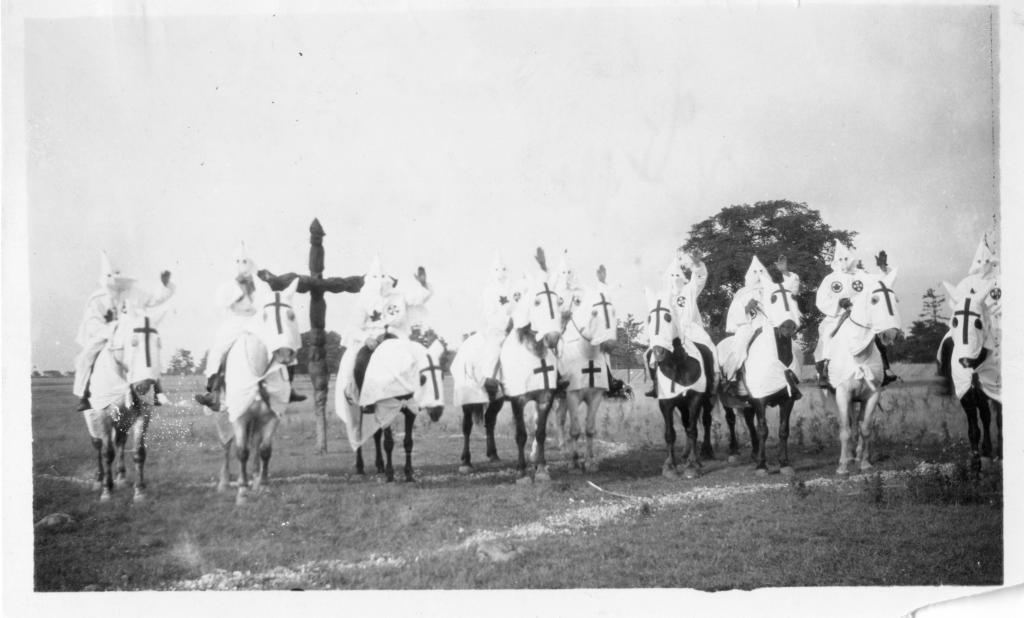One of the books I find most sacred is Mary Oliver’s compilation of poetry called “Devotions.” Mary Oliver’s poetry, at times, feels to me like a continuation of the Book of Psalms, except written in a modern context.
Continuing with my practice of florilegia I discussed previously, below I present verses that sparkled up for me this summer as I meditated through this book.
“I have refused to live
locked in the orderly house of
reasons and proofs.
The world I live in and believe in
is wider than that.”
(from “The World I Live In”)
“Be still, my soul, and steadfast.
Earth and heaven both are still watching…
Let God and the world
know you are grateful.”
(from “The Gift”)
“Maybe the desire to make something beautiful
is the piece of God that is inside each of us.”
(from “Franz Marc’s Blue Horses”)
“Keep some room in your heart for the unimaginable.”
(from “Evidence”)
“Truly, we live with mysteries too marvelous
to be understood…
Let me keep my distance, always, from those
who think they have the answers.
Let me keep company always with those who say
‘Look!’ and laugh in astonishment,
and bow their heads.”
(from “Mysteries, Yes”)
“… remember
that we receive
then we give back.”
(from “At the River Clarion”)


